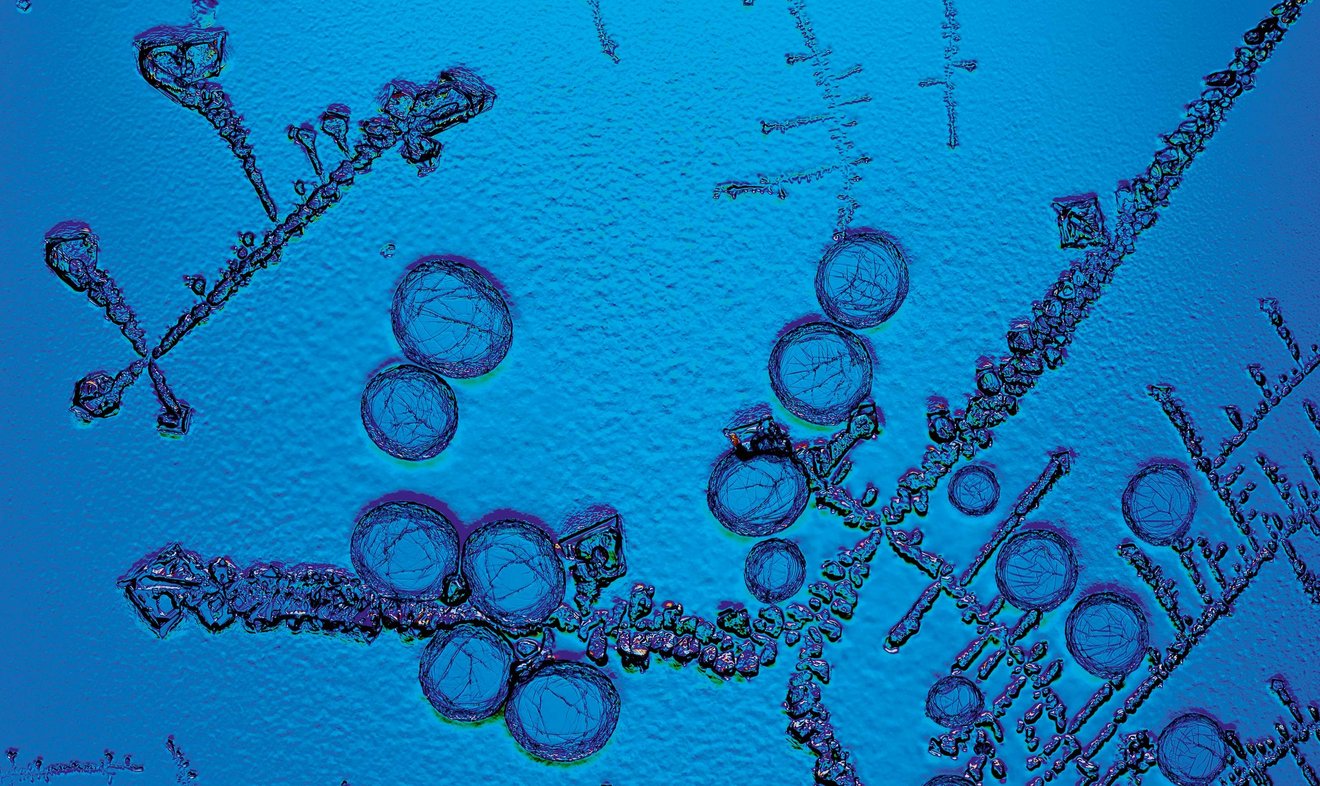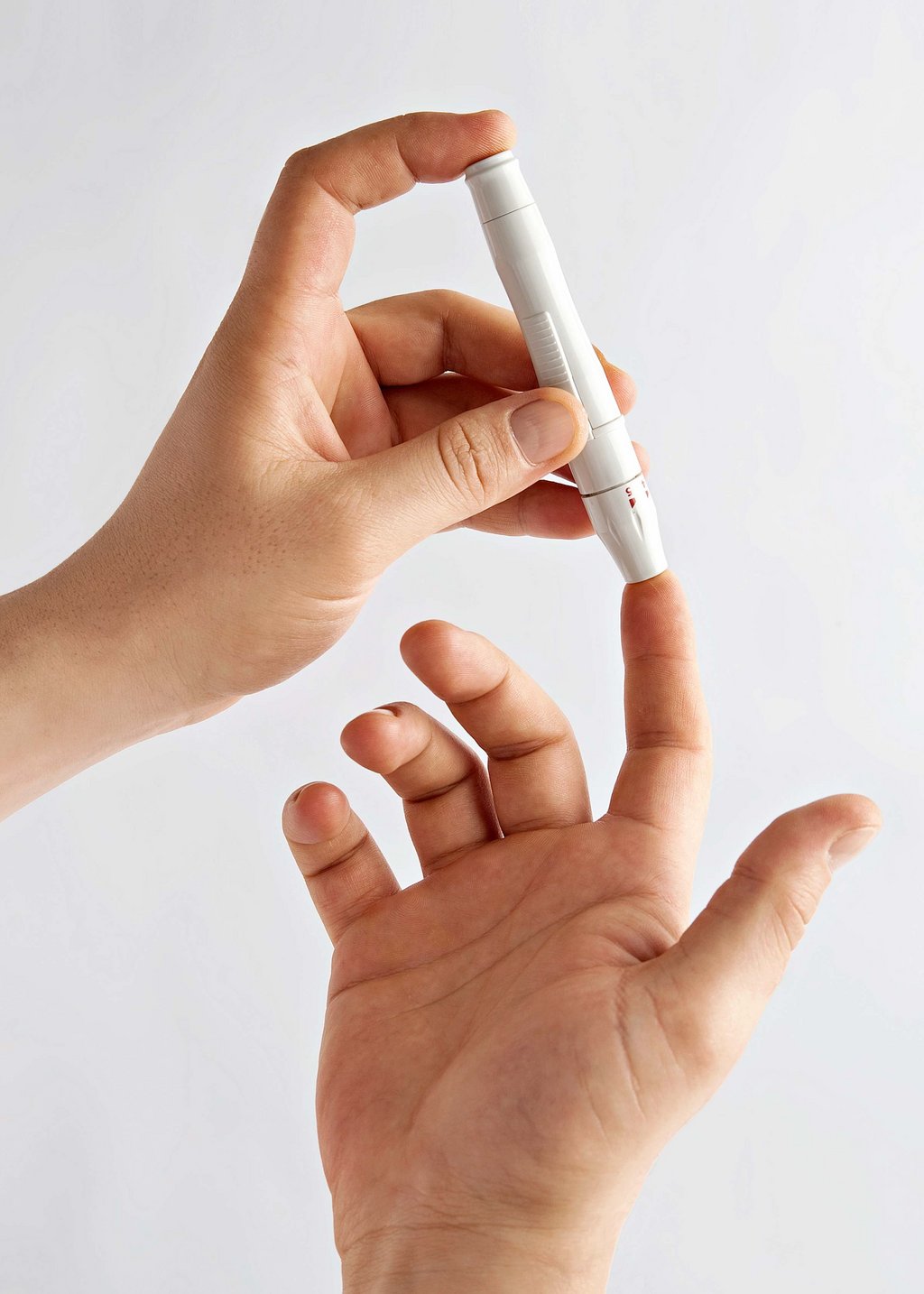HOW A ROBOT MAKES LIGHT FIXTURE TESTING EFFICIENT
—— Energy efficiency is the order of the day for companies as well as households: rising costs make those products more attractive, that have a built-in sensibility for budget and climate factors.






